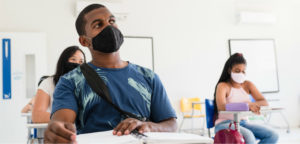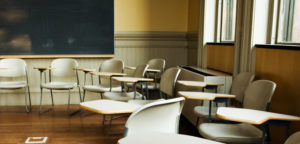
Adapting for 2021: A Student’s Guide
Dear Student,
Fall 2020 is in the books. How did it go?
Few residential students looked forward to the thought of another term of remote learning or socially distanced face-to-face classes. It is just not the same thing taking a class scattered around a large











